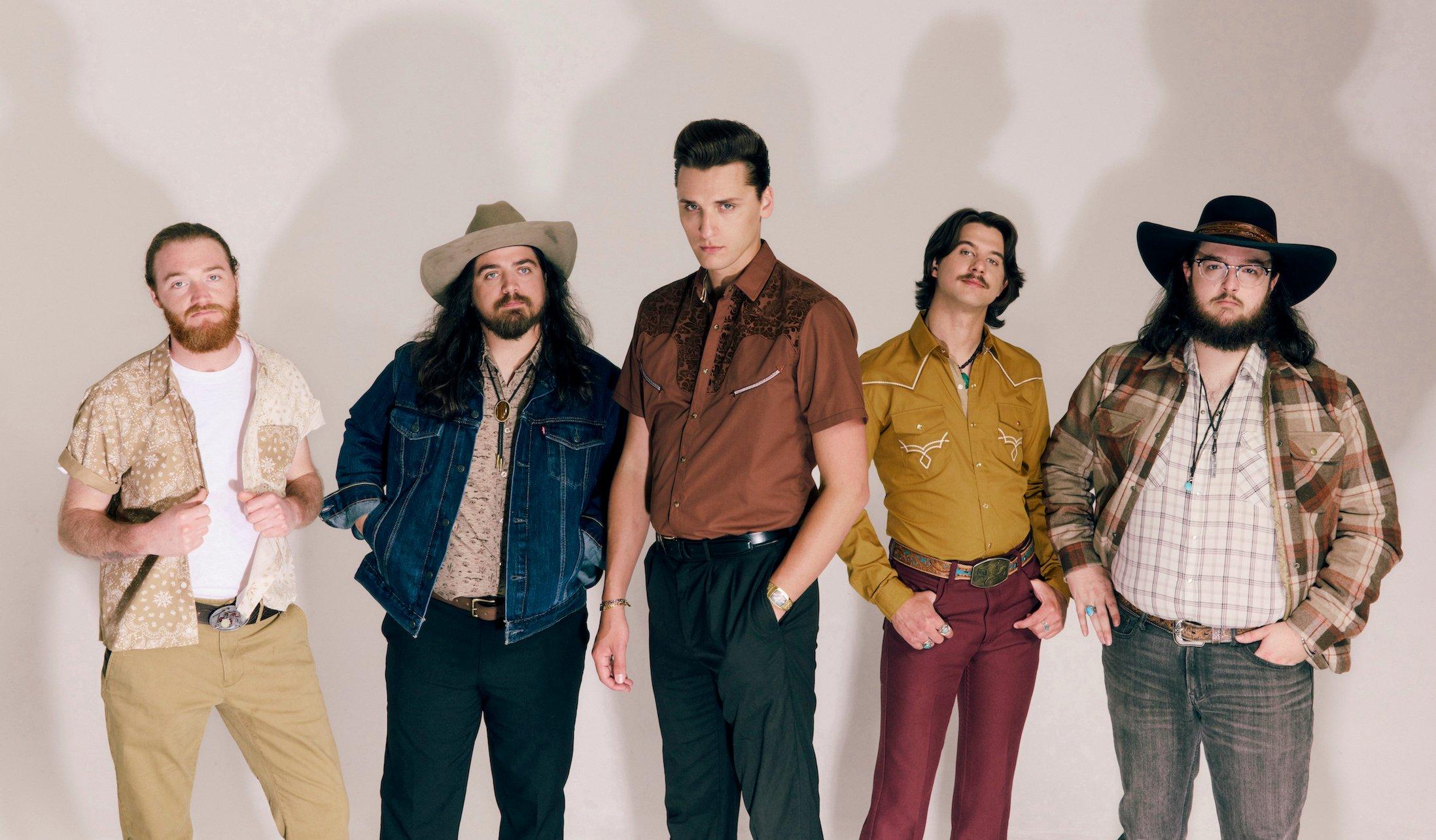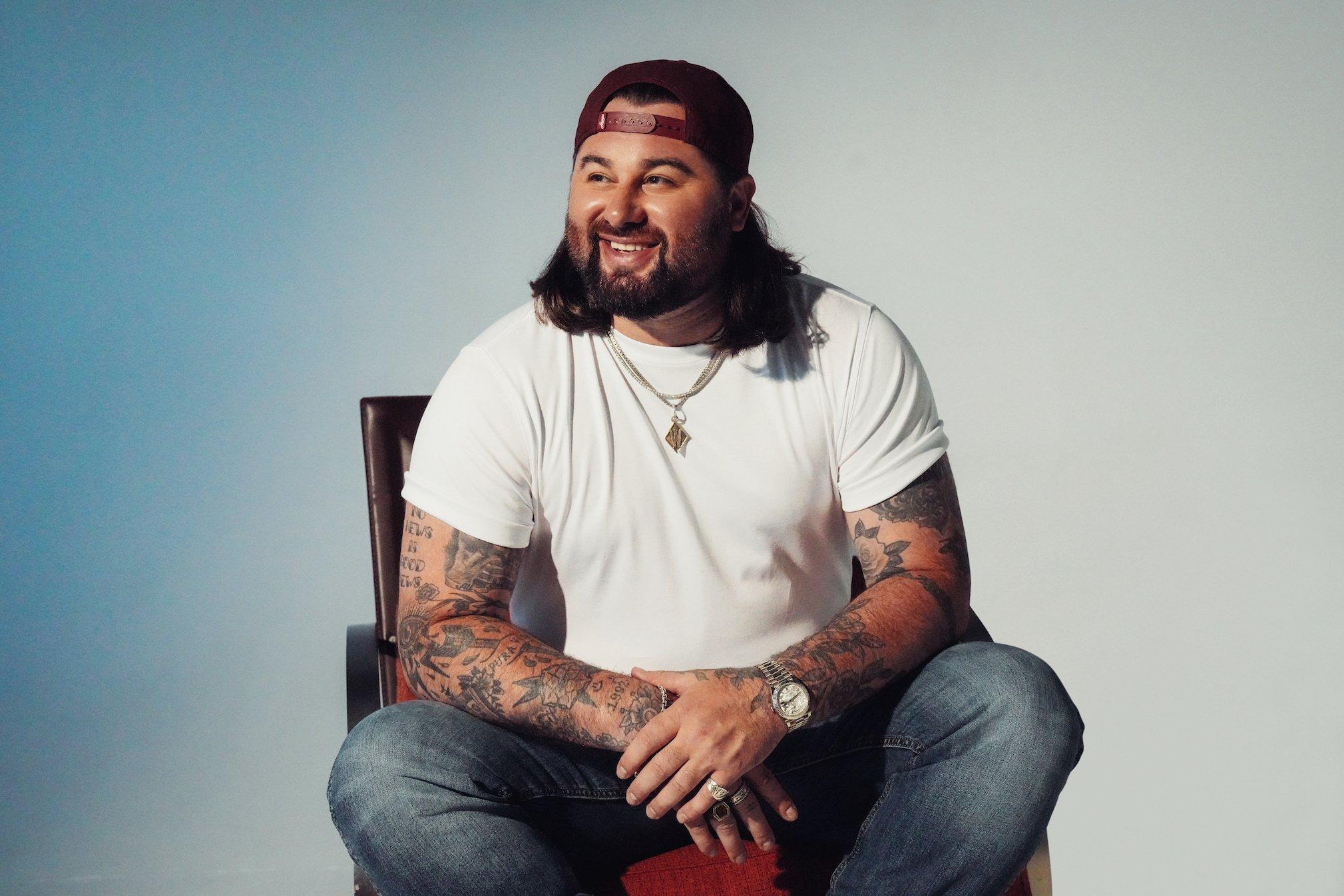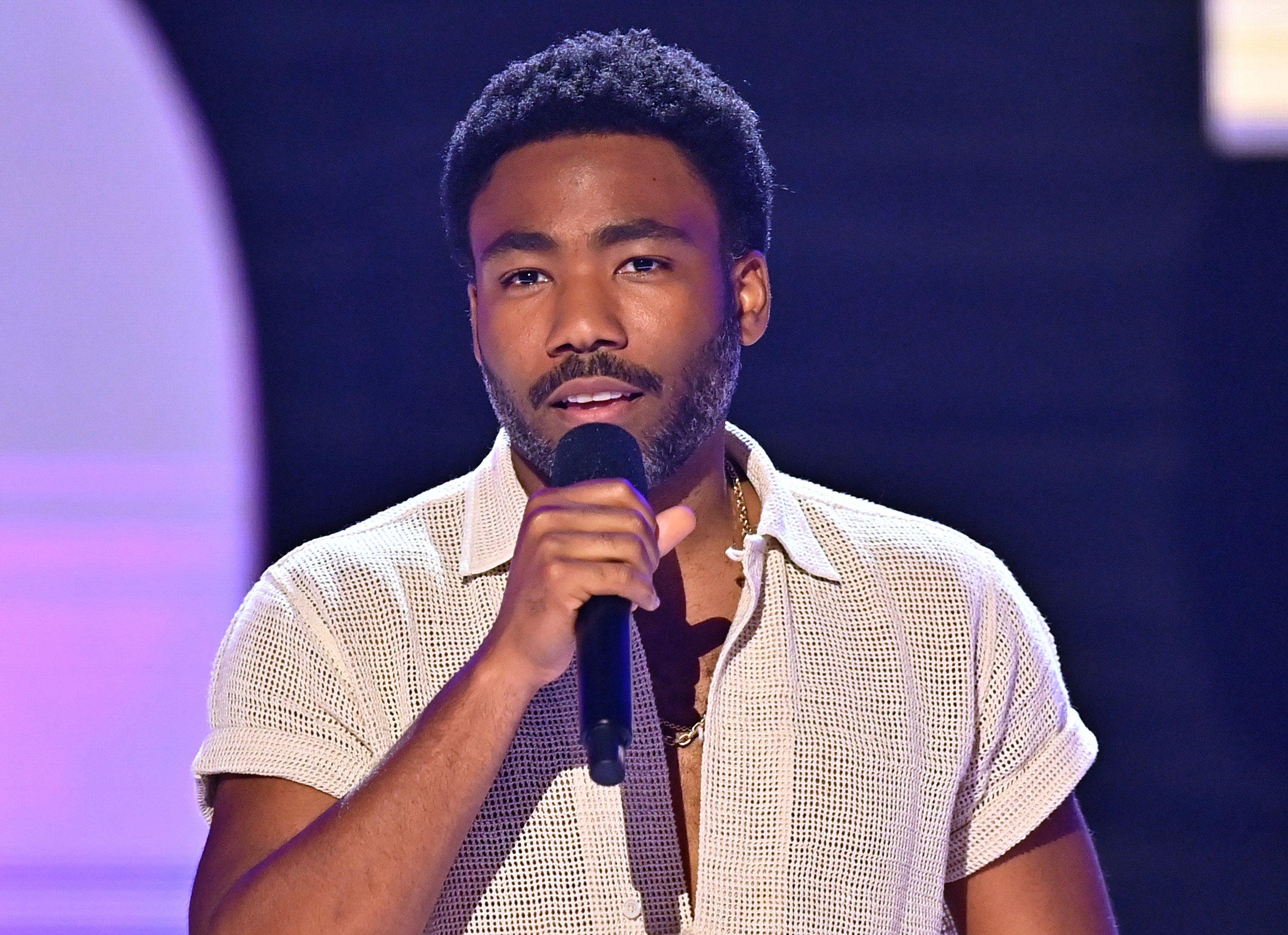This summer continues to dazzle us with an electrifying array of music, with new releases arriving from Jimin (MUSE), Ivan Cornejo (MIRADA), Koe Wetzel (9 Lives), Denzel Curry (King Of The Mischievous South Vol. 2), and Adam Lambert (Afters), and many more this week. From eagerly awaited comebacks to iconic collaborations, July 19 has an abundance of new music to offer across all genres.
As you continue shaping up your summer playlists, be sure to check out the following 11 new songs and projects.
Following the release of "The City Cinderella Documentary," which chronicles JT's inspiring journey from overcoming challenging circumstances to embarking on a solo career, the rapper unveils her highly-anticipated 16-track mixtape, City Cinderella. The project is a showcase of talent and growth, featuring powerhouse collaborations with DJ Khaled and Jeezy, the latter of whom features on a remix of her hit "OKAY."
City Cinderella is JT's first project since parting ways with her former City Girls cohort, Yung Miami. Speaking to Paper Magazine about her new venture, JT explained that the inspiration for the project was simple: "I just wanted to authentically be myself and make music."
Rauw Alejandro — "DEJAME ENTRAR"
Puerto Rican star Rauw Alejandro has been a song machine since his Sony Latin/Demars Entertainment debut with 2019's Trap Cake, Vol. 1. He'll be releasing his fifth album in five years later this year — and judging by his latest release, it may be his sexiest yet.
"DEJAME ENTRAR" sees Alejandro getting close to a woman who once was just a crush, but has now turned into his latest love affair. The singer debuted the sultry, pulsing track with a smooth performance on "Today" on July 12; one week later, the song's official release also included the official video, which co-stars actor Adrian Brody.
Though Alejandro hasn't revealed a release date for his next project, he teased on "Today" that it will hopefully be done "soon." "These songs [are] too good to be inside the studio," he said.
Childish Gambino — 'Bando Stone & the New World'
Just two months after re-releasing his 2020 project, 3.15.20, under the new title Atavista, Donald Glover is back with another Childish Gambino album, Bando Stone & the New World. The LP features stylistic musical choices that parallel Gambino's past albums, including 2011's Camp, 2013's Because the Internet, and 2016's "Awaken, My Love!," as well as features from Amaarae and Jorja Smith, Flo Milli, Fousheé, and Yeat.
As Glover revealed in April, Bando Stone & the New World will be his last album under the Childish Gambino moniker. But he's going out with a bang: along with a massive world tour, Bando Stone & the New World is accompanied by a sci-fi film titled Bando.
According to a recent interview the New York Times, it seems Glover feels a sense of completion with the project, too. "Success to me is, honestly, being able to put out a wide-scale album that I would listen to," he said. "For this album, I really wanted to be able to play big rooms and have big, anthemic songs that fill those rooms, so that people feel a sense of togetherness."
Nearly 30 years after the 1996 release of Twister, the blockbuster finally gets a sequel with the highly anticipated Twisters — and an equally exciting accompanying soundtrack. The sprawling Twisters: The Album features some of the biggest names in country music today, with tracks from Luke Combs, Lainey Wilson, Jelly Roll, and many more.
Combs was the first to tease a taste of the soundtrack with his gritty, uptempo tune "Ain't No Love In Oklahoma," which was released alongside a music video that featured clips from the movie. Scenes from the film can also be seen in the clip for Jelly Roll's "Dead End Road," which arrived the day before the album's release.
But there's so much more to discover across the soundtracks 29 songs, from Megan Moroney's "Never Left Me" to Charley Crocket's "(Ghost) Riders In The Sky." And though the track list is stacked with country stars, there's a few gems to enjoy by hitmakers from other genres, too, including Benson Boone ("Death Wish Love") and Leon Bridges ("Chrome Cowgirl").
Alessia Cara — "Dead Man"
It's been two years since we last heard from Alessia Cara, but she's ready to begin her next chapter. The GRAMMY winner unveils "Dead Man," the lead single from her forthcoming fourth album — and if the kiss-off track is any indication, Cara's in her fearless era.
Backed by crisp drums and harmonious saxophones, "Dead Man" is an edgy ode to someone she's cutting off because he's no longer serving her. "If you really care, then why am I feeling you just slipping through my hands?," she questions in the chorus. "If you're really there, then why can I walk right through ya?/ Talkin' to a dead man."
James Bay feat. Noah Kahan & The Lumineers — "Up All Night"
In the folk-pop collaboration that dreams are made of, James Bay teams up with longtime friend Noah Kahan and genre giants The Lumineers for "Up All Night." The track boasts a vibrant instrumental layered beneath the harmonious blend of each artists' vocals — a perfect soundtrack for warm, starry summer nights.
The week "Up All Night" arrives also marks a full-circle tour moment for Kahan and Bay. Five years after Kahan first opened for Bay on the "Let It Go" singer's Electric Light Tour in 2019, Bay is now opening for Kahan — at New York City's Madison Square Garden and Boston's Fenway Park, no less — on the We'll All Be Here Forever Tour.
Sueco — 'Attempted Lover'
After four years and two projects with Atlantic Records, Sueco unveils his first independently released studio album, Attempted Lover. Across 12 tracks, the L.A. native delves into the complexities of love and relationships, while navigating the tangled emotions that accompany these themes.
Sueco set the stage back in March with the project's lead single, "Drama Queen" — a raw, high-energy track that drew in both new and loyal listeners. He soon followed up with "Mulholland Drive," a stripped-down acoustic gem, showcasing the impressive range of musical styles that Attempted Lover has to offer.
In celebration of the release, Sueco will embark on the Attempted Lover Tour in Sept. 13, kicking things off in Ft. Lauderdale, Florida, and hitting 32 cities in North America until Nov. 2.
During a short break from their Payback Tour, KALEO is back with new music — and making a statement and an impact with their latest release.
The rock band deliver the emotionally charged "USA Today," a reflection on gun violence in America. Though frontman JJ Julius Son first wrote the track in 2019 with Shawn Everett and Eddie Spear, he felt compelled to release the track after an innocent bystander was killed during the attempted assassination of Donald Trump on July 13.
"So here we are/ Fighting for america/ Fighting for a new day/ Trying hard to change/ USA today," Son sings over gritty guitar riffs and dark synths. KALEO invites listeners to join the movement, pledging to donate a portion of the proceeds from the song to the gun violence advocacy group Everytown.
"USA Today" is the second track KALEO released from their forthcoming fourth album, which is due later this year; it follows the acoustic lead single, "Lonely Cowboy."
Avery Anna — 'Breakup Over Breakfast'
After being named an Artist to Watch by Amazon Music, Pandora, Spotify, and CMT in 2023, country newcomer Avery Anna further displays her promise and prowess with her debut album, Breakup Over Breakfast. The Arizona native co-wrote all 17 tracks on the project, including standout track "girl next door," a powerful ballad that puts Anna's golden vocals on display.
"These songs mean the world to me. It's a little bit of rock, country, acoustic, pop, and everything personal," the singer/songwriter wrote in an Instagram post. "I really wanted to give you guys an album that you can confide in. I carefully chose the songs and track listing, and creating it was an adrenaline rush / a relief all at the same time."
Role Model — 'Kansas Anymore'
With his 2022 debut album, Rx, Role Model dove deeply into themes of love. Two years later, the rising bedroom pop star offers a different take on that same topic, grieving the very relationship that inspired Rx with Kansas Anymore.
Along with offering a different take on love and relationships, Role Model's latest effort is also inspired by his longing for his native state of Maine. Drawing inspiration from artists like Zach Bryan, the War on Drugs and Caamp, Kansas Anymore chronicles Role Model journeys back home, attempting to fill the void created by leaving his East Coast roots for California. The project represents a mature step forward, navigating the rollercoaster of heartbreak and homesickness — and moving listeners in the process.
Joe Jonas — "Work It Out"
Since releasing his first solo album, Fastlife, in 2011, Joe Jonas has been plenty busy, from landing a megahit with his pop-rock group DNCE to bringing back the Jonas Brothers with his siblings Nick and Kevin. Thirteen years later, the singer makes a solo comeback with "Work It Out," the bouncy lead single from his sophomore solo album, Music for People Who Believe in Love, due Oct. 18.
"This album is a celebration of gratitude, hope, and love. These songs reflect on my life from a bird's-eye-view acknowledging the many blessings around me," Jonas shared on Instagram, referencing both his own experiences as an individual and as a recent father of two. "I hope it brings you as much joy as it brought me creating it."
Latest News & Exclusive Videos









